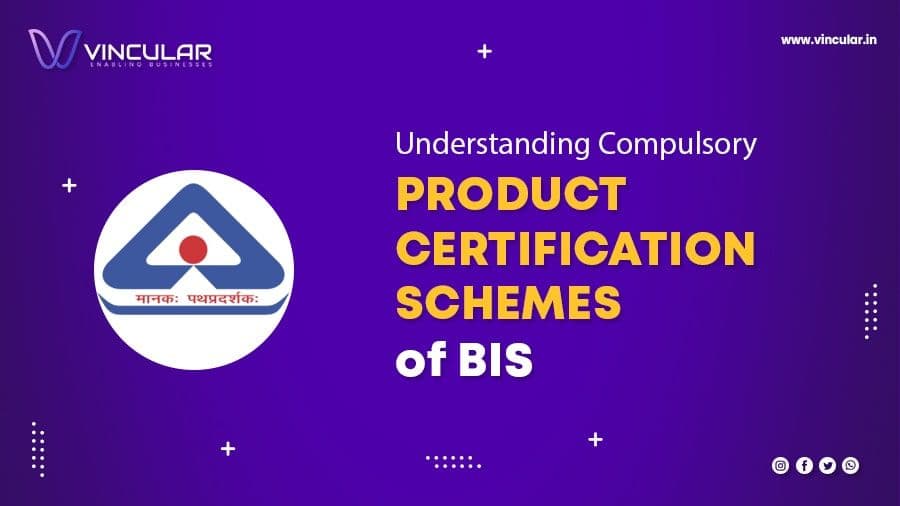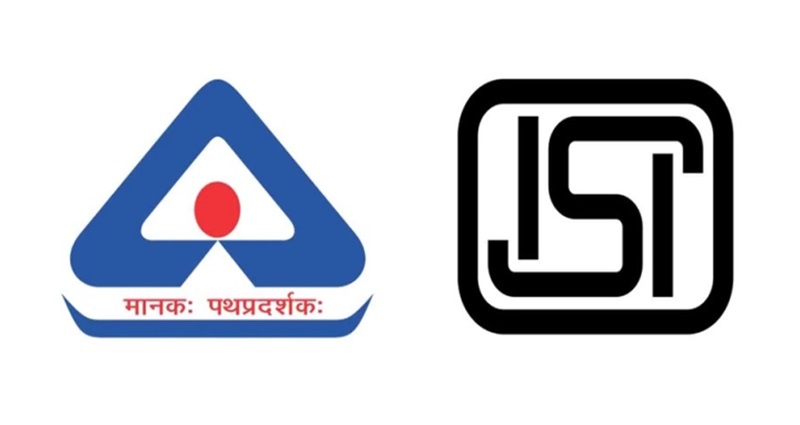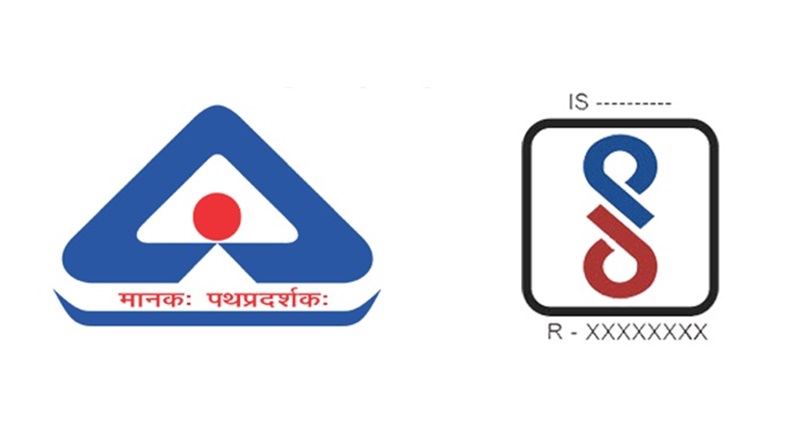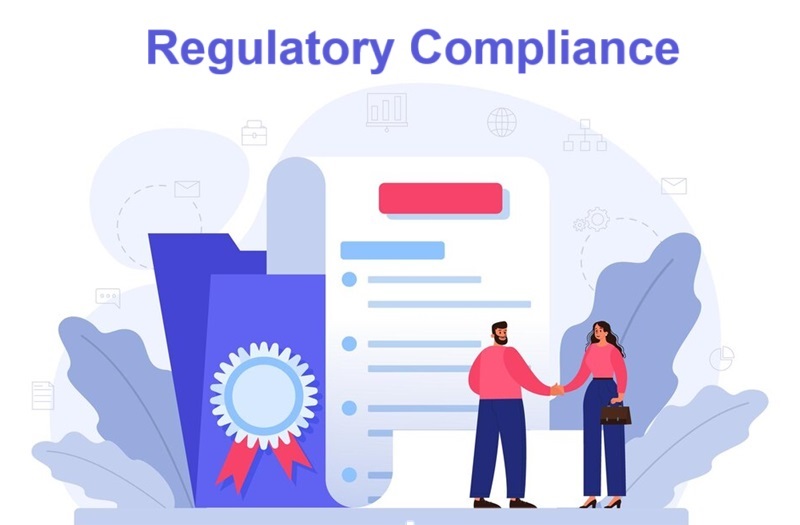
Understanding BIS Compulsory Product Certification Schemes
In India, the Bureau of Indian Standards (BIS) is responsible for standardization, conformity assessment, and quality assurance of goods, articles, processes, systems, and services. The Indian Standards created by BIS serve as the foundation for product certification schemes, which give customers with third third-party assurance of product quality, safety, and
In India, the Bureau of Indian Standards (BIS) is responsible for standardization, conformity assessment, and quality assurance of goods, articles, processes, systems, and services.
The Indian Standards created by BIS serve as the foundation for product certification schemes, which give customers with third third-party assurance of product quality, safety, and reliability.
Central Government has made conformity with Indian Standards mandatory for several items for a variety of reasons such as including public interest, protection of human, animal or plant health, environmental safety, the suppression of unfair trade practices, and national security under various certification schemes.
Also, the Central Government mandates the use of Standard Marks for such items through the granting of Quality Control Orders (QCOs) under a License or Certificate of Conformity (CoC) from BIS.
There are multiple Schemes in BIS, some are mentioned below:
BIS Scheme – I (ISI Mark Scheme)

The term “ISI “ is an abbreviation of “Indian Standards Institute”. The ISI Mark is a certification mark used to signify that a product fulfils the Bureau of Indian norms.
The symbol indicates that the product has been tested and quality-checked to guarantee that it meets the set criteria. As a result, the ISI Mark Scheme was put in place to improve customer safety and quality assurance.
It also assists consumers in making educated decisions by locating products that fulfil the applicable Indian criteria. Specific Indian standards must be followed for each product category to earn the ISI Mark.
However, it is a conformity assessment scheme where factory inspection is also required during the certification process.
List of Products Covered under the BIS-ISI Scheme
The ISI Mark Scheme applies to a wide variety of products, including electrical appliances, automotive components, building materials, food products, textiles, and other items mentioned in the table below:
|
S. No. |
Industry | Products |
|
1 |
Cement (any variety of cement manufactured or sold in India) such as |
16 |
|
2 |
Household Electrical goods |
15 |
|
3 |
Batteries |
1 |
|
4 |
Food & Related Products |
15 |
|
5 |
Oil Pressure Stoves |
3 |
|
6 |
Automobile Accessories |
4 |
|
7 |
Cylinder, Valves and Regulator |
15 |
|
8 |
Medical Equipment |
3 |
|
9 |
Steel and Iron Products |
151 |
|
10 |
Electrical Transformers |
1 |
|
11 |
Electrical Motors |
1 |
|
12 |
Capacitors |
3 |
|
13 |
Chemicals, Fertilizers, Polymers & Textiles |
60 |
|
14 |
Kitchen Appliances |
2 |
|
15 |
Domestic Water Heaters for use with LPG |
1 |
|
16 |
Air Conditioner and its related Parts, Hermetic Compressor and Temperature Sensing Controls |
5 |
|
17 |
Plugs and Socket-Outlets and Alternating Current Direct Connected Static Prepayment Meters for Active Energy |
2 |
|
18 |
Domestic Gas Stoves for use with Liquefied Petroleum Gases |
1 |
|
19 |
Transparent Float Glass |
1 |
|
20 |
Domestic Pressure Cooker |
1 |
|
21 |
Cables |
13 |
|
22 |
Rubber Hose for Liquefied Petroleum Gas (LPG) |
2 |
|
23 |
Aluminium Foil |
1 |
|
24 |
Non-Electric Toys |
1 |
|
25 |
Electric Toys |
1 |
|
26 |
Flat Transparent Sheet Glass |
1 |
|
27 |
Safety Glass |
2 |
|
28 |
Woven Sacks |
4 |
|
29 |
Butterfly Valves |
1 |
|
30 |
Reflectors for Bicycles |
1 |
|
31 |
Paper |
1 |
|
32 |
Cattle Feeds |
1 |
|
33 |
Automobile Wheel Rim Component |
5 |
|
34 |
Footwear |
27 |
|
35 |
Press Tool-Punches |
3 |
|
36 |
Helmets for riders of Two-Wheeler Motor Vehicles |
1 |
|
37 |
Refrigerating Appliances |
2 |
|
38 |
Centrifugally cast (spun) iron pipes |
3 |
|
39 |
Flux Cored (Tubular) Electrodes |
1 |
|
40 |
Sewing Machine |
1 |
|
41 |
Water Treatment System |
1 |
|
42 |
Jute Bag |
78 |
|
43 |
Electric Ceiling Type Fans |
1 |
|
44 |
Wood Based Boards |
5 |
|
45 |
Cast Iron Products |
6 |
|
46 |
Solar DC Cable and Fire Survival Cable |
2 |
|
47 |
Metals and Alloys |
7 |
|
48 |
Plywood and Wooden flush door shutters |
10 |
BIS Scheme- II Registration Scheme – (CRS)

BIS compulsory registration scheme (CRS) is a scheme operated by the Bureau of India Standards, under Scheme-II of Schedule-II of BIS (Conformity Assessment) Regulations, 2018.
CRS was initially introduced in 2012 by MEITY. As per The BIS CRS scheme, BIS registration certification for electronics and IT products is mandatory before launching them into the Indian market.
Any manufacturer who manufactures these products is required to apply for BIS registration after getting their products tested by BIS-recognized labs.
Currently, 73 products fall under the BIS compulsory registration scheme.
Once the manufacturer is registered under CRS for their product then they are allowed to use the standard mark as notified by BIS and able to import and sell their products under the Indian market.
The BIS CRS mark on a product gives it a new lease on life in terms of standardization, quality control, product protection, and durability for Indian and global customers.
If a product fails to meet certification requirements, the manufacturer is responsible for replacing it with a new product. This ensures that buyers get good value for their money.
|
S. No. |
Industry | Regulator |
Products |
|
1 |
Electronics and IT | Ministry of Electronics and Information Technology (MEITY) |
64 |
|
2 |
Solar | Ministry of New and Renewable Energy (MNRE) |
5 |
|
3 |
Chemicals | MCF |
3 |
|
4 |
Textile | MoT |
1 |
BIS Scheme – IV (Certificate of Conformity)
Bureau of Indian Standards (BIS) Scheme IV is a scheme for issuing Certificates of Conformity (CoC) for products manufactured by Indian Standards.
The Certificate of Conformity is issued under Scheme IV of Schedule II of the BIS (Conformity Assessment) Regulation, 2018.
The products covered under Scheme – IV are:
|
S. No. |
Product |
|
1 |
Stampings/laminations/cores of transformers (with or without winding) |
|
2 |
Requirement of Retro-Reflective Devices for Bicycles |
The COC is a useful certification for producers since it proves that their products fulfil the required criteria.
This can help them get market access and differentiate their items from their competitors.
Advantages of BIS Certificate of Conformity
The following are some of the advantages of having a COC.
- It proves that your product meets the necessary criteria.
- You can gain access easily to new markets with the help of it.
- It can help you differentiate your product from competitors’ products, and it can help you lessen the risk of recalls and liability claims.
If you are a maker of products covered by Scheme IV, you might think about applying for a CoC. This will assist you in ensuring that your items fulfil the requirements and that you.
Scheme – X (Certification)
BIS introduces a new scheme dated 16th March 2022, under schedule II which is named “Scheme X”. Under the Scope of “Scheme X” manufacturers may be granted the:
- The license for conformity of goods & articles or Products
- Demonstration of conformity to the Management system
- Certificate of conformity (Manufacturer cannot use standard mark)
The main benefits of Scheme X are:
- Improve the safety and quality of low-voltage switchgear and control gear in India.
- Facilitate trade in low-voltage switchgear and control gear between India and other countries.
- Reduce the cost of certification for manufacturers.
The implementation of Scheme X will be gradual, and manufacturers will have until April 1, 2024, to transition to the new scheme.
The products covered under Scheme – X are:
|
S. No. |
Industry |
Product |
|
1 |
Low Voltage switchgear and control-gear |
8* |
Note: these products are not mandatory as of date, the date of implementation is in a phased manner refer to the official notification for details.
Vincular – India’s Leading Regulatory Compliance Firm

Vincular is the best regulatory compliance company in India serving diverse industries from BIS, BEE, WPC, and TEC to Waste Management through testing, certification and consultation.
Above all with a team of experts and professionals well-versed in their field, VINCULAR can help you obtain a BIS Certificate hassle-free.
Visit our website www.vincular.in to learn more about our services.
Conclusion
In conclusion, BIS registration is important to ensure that the product sold by the manufacturer holds a certain standard of quality and can be relied upon by consumers for its consumption and utilization.
The purpose of BIS is to examine the samples of the products when they are at the preliminary and surveillance stages, ensuring that they are fulfilling the criteria of standardization.
However, BIS certification is a means of providing a guarantee of the quality, safety, and reliability of the products to consumers.
The purpose of BIS registration is to take into consideration the health of the public, and hence, there is a need to register notified products under BIS.